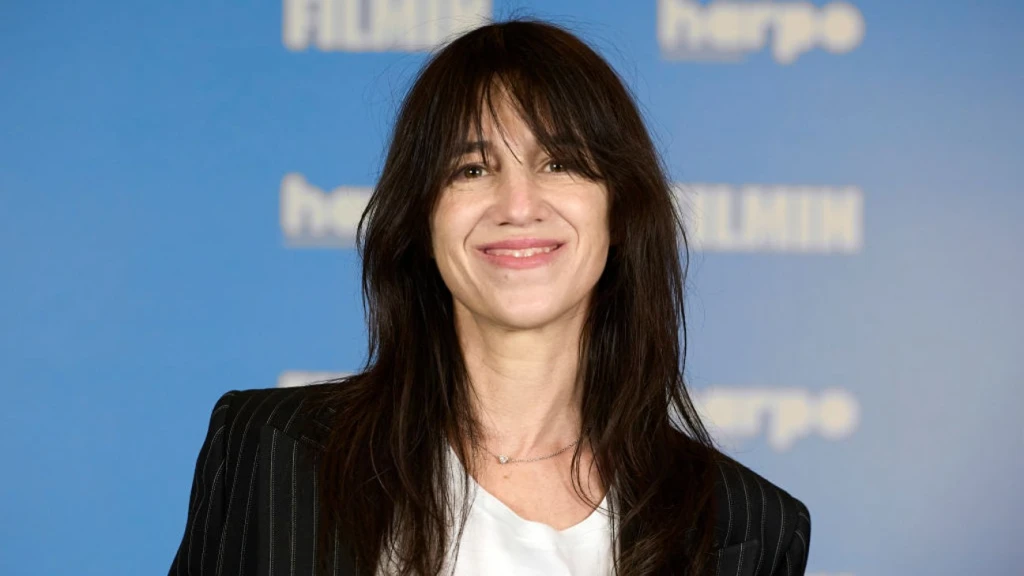Sqürl: Charlotte Gainsbourg in Jim Jarmusch’s Latest Album! Charlotte Gainsbourg truly embodies the spirit of her late father, Serge Gainsbourg. Despite her recognized celebrity status in France, she always places great importance on creativity and experimentation in her choice of appearances.
Sqürl, Jim Jarmusch’s band, has just unveiled their first “non-film” project, in which Charlotte Gainsbourg plays a central role. The project carries a profound title that exhales the discomfort of a society struggling to renew itself in order to survive.
Charlotte Gainsbourg: Choosing Art Above All Else!
She has participated in the most subversive cinematic adventures. She is the actress who dared to star in Lars Von Trier’s “Nymphomaniac,” a film as controversial as its director, often described as anti-Semitic. Only an actress like Charlotte Gainsbourg could be tempted by such a “politically incorrect” project.
She shares the spotlight with Jim Jarmusch and his band Sqürl in their first venture that does not correspond to a film soundtrack. With “Silver Haze,” the band creates a soundtrack for our contemporary anxieties. According to “Pitchfork” magazine, a parallel can be drawn between Jim Jarmusch and David Lynch. These two directors, prominent figures in the American independent scene, have a 360-degree approach to filmmaking, and their absence is felt.
While the Helsinki Photo Festival honored the works of David Lynch this year, the filmography of the American cinema master is closely linked to experimental music, sometimes featuring his own compositions, as seen in “Lost Highway.“
Sqürl’s “Silver Haze” is undeniably pessimistic. The initial track, “Berlin ’87,” is a completely sensory experience. In “The End of the World,” John Cale recites an apocalyptic poem, also touching on themes of aging and approaching death. Charlotte Gainsbourg recites a poem in her mother tongue with her distinctive voice that has shaped her career, using it as an instrument within the composition. Sometimes, it is not necessary to sing or scream to make oneself heard.
Isn’t Sqürl’s openly pessimistic work, along with certain strands of art in Europe and the United States, a testament to the progression of “artistic nihilism” with ruthless elegance? If Dostoevsky depicted the downfall of the Tsars, perhaps we, as artists, symbolize the decline of a paradigm that demands rejuvenation.
